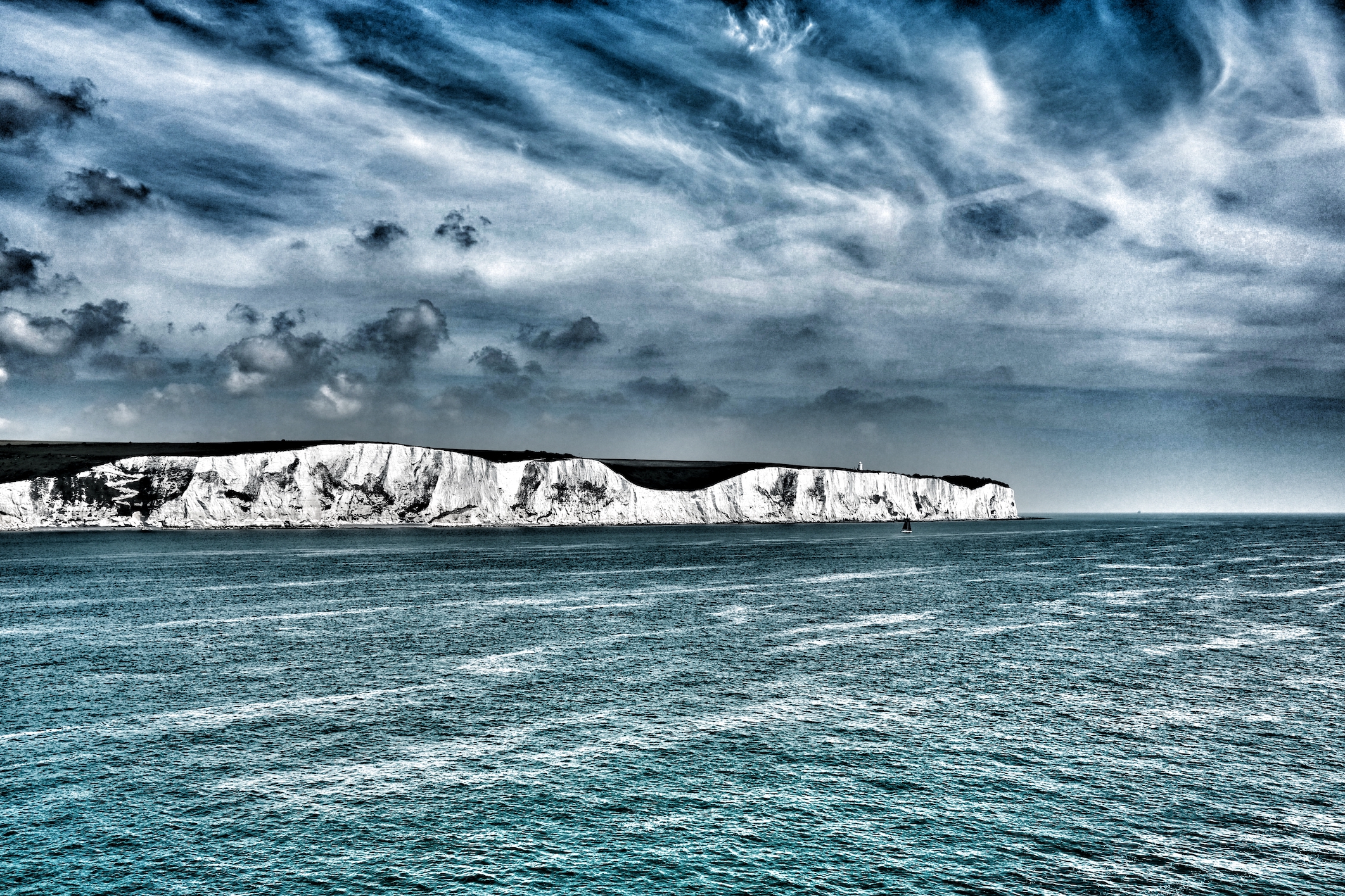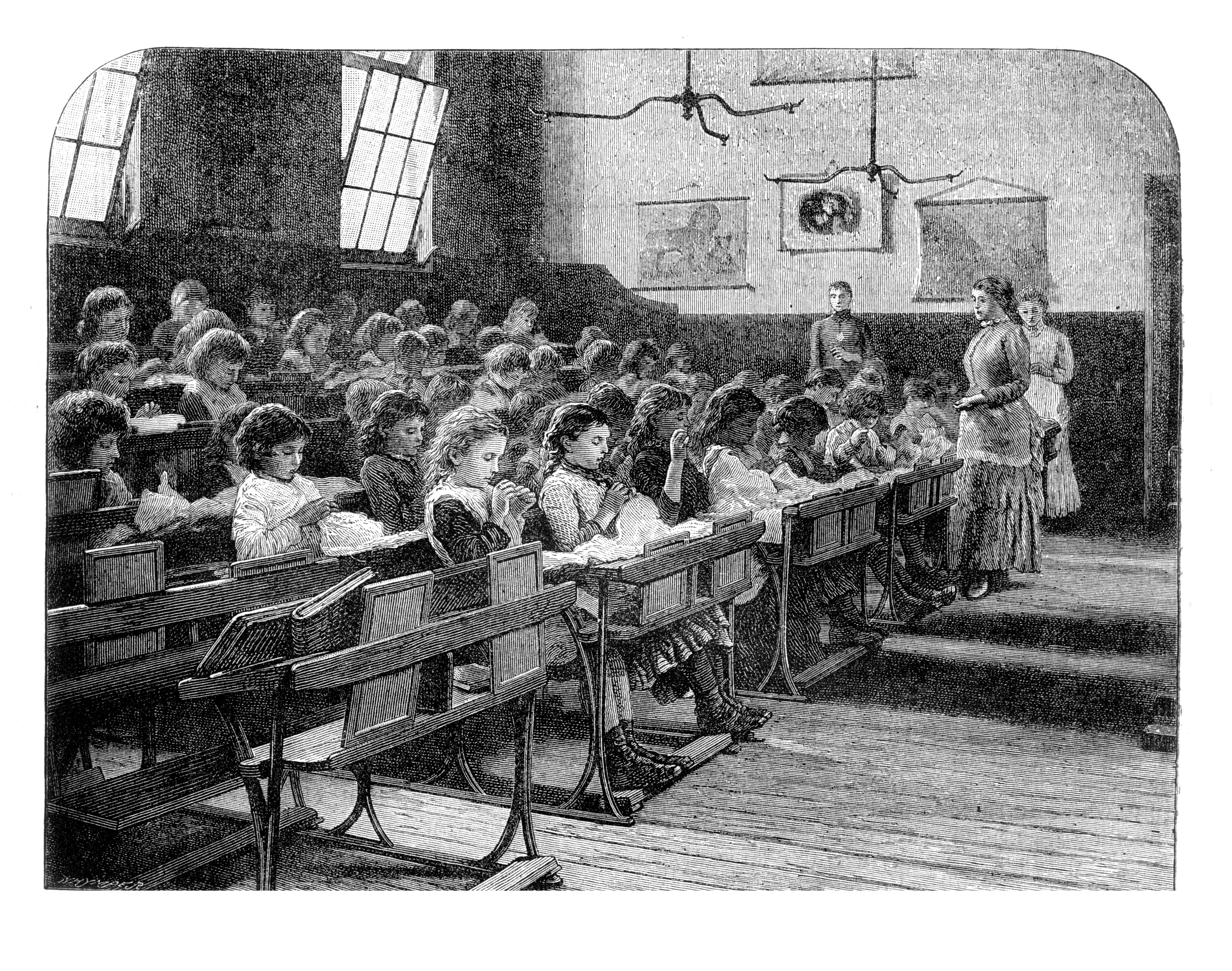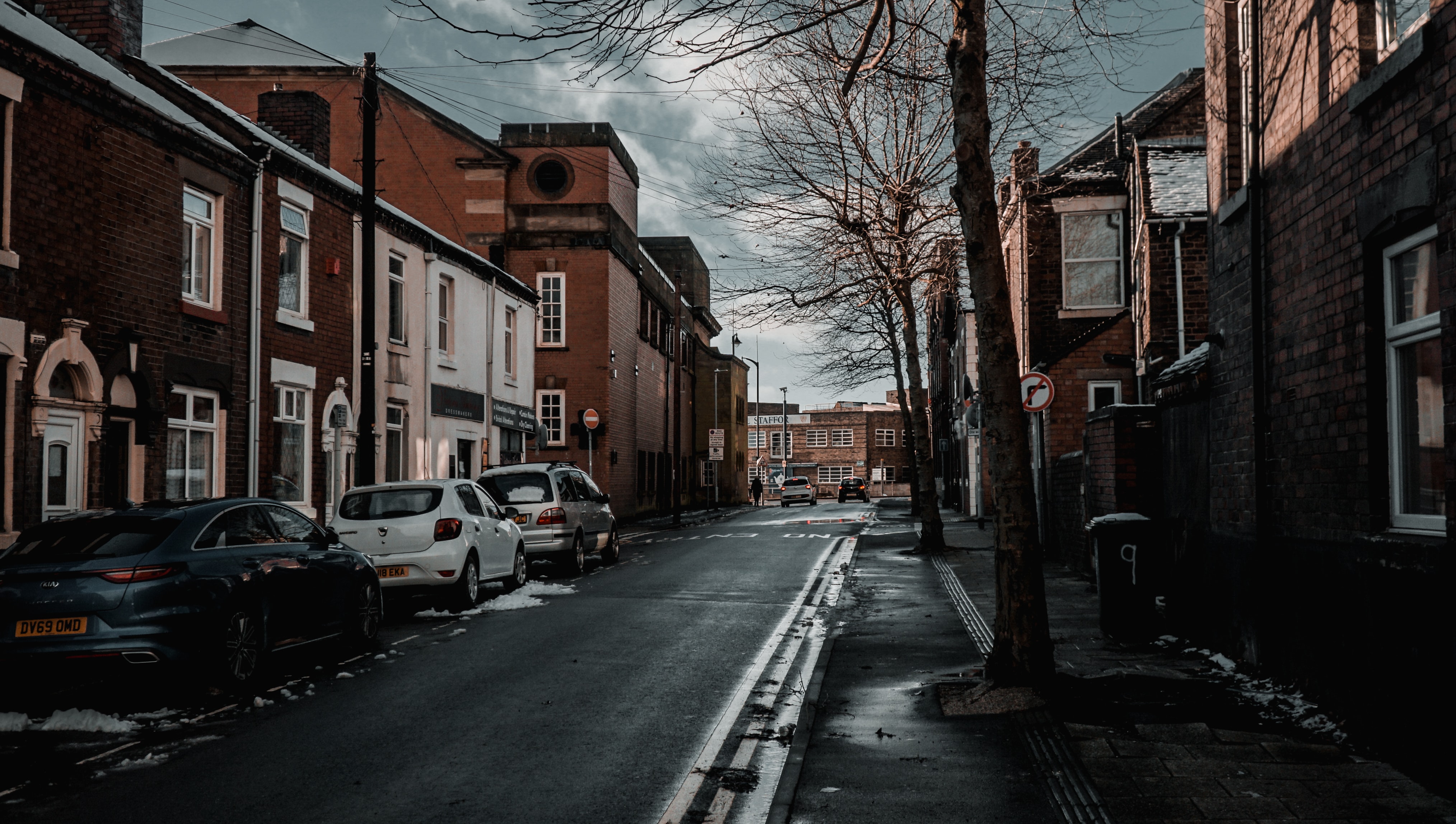Take it from a German: Dehumanising refugees is how it starts
Growing up in Germany, I was taught about the rise of Nazism. It’s vital to call out even the early symptoms.
25 years ago, I had just turned 19, I stepped on a bus in my hometown of Bielefeld in Germany and travelled to London. It was a direct connection, the bus departing from a stop behind Catterick Barracks, a British Army base that had been established there after the Second World War. From London, I journeyed onwards to an English seaside town, spending the next week volunteering in a home for elderly people.
What I did not know prior to my arrival was that most of them had relocated there from London, bringing with them their memories of the Blitz. Learning about their lived experience of the war that my country of birth had unleashed upon the world was humbling, also reminding me of encounters I had had earlier that year with elderly French people through a German-French reconciliation programme. By coincidence, that year had thus turned into a very personal journey of Vergangenheitsbewältigung — the term we use to describe the struggle of overcoming Germany’s Nazi past by robustly engaging with it.
When thousands of Eastern Europeans sought refuge in Germany in the 1920s, this was presented as a flood of people, a threat to Germany.
This process had been ingrained in my education, ‘never again’ being the core tenet. That is why I recognise when politicians speak in a language not dissimilar to that used in 1930s Germany. I have been taught about it all my life. I have studied it. That’s why I support Gary Lineker. Yet while we celebrate his reinstatement, we should not lose sight of what he took a stand for: the alarming similarities between some of the language used by Suella Braverman, with Rishi Sunak’s blessing, and the language all too familiar to Germans like myself.
Importantly, the comments Gary made were about notable similarities in language, not policy. This does not mean that the UK of the 2020s is the Germany of the 1930s: direct comparisons would be inappropriate and wrong.
But we should — in fact, I think we have a duty to — be alert to the knowledge that history gives us, and draw upon it when it can help us understand the present. As the Auschwitz Memorial tweeted on Genocide Prevention Day last year: “Auschwitz was at the end of a long process. We must remember that it did not start from gas chambers. This hatred gradually developed from ideas, words, stereotypes and prejudice.” And from the dehumanisation of fellow human beings.
It is in this dehumanisation where similarities lie. When thousands of Eastern Europeans sought refuge in Germany in the 1920s, for example, this was presented as a mass flood of people, posing a threat to Germany. Such rhetoric escalated further in the 1930s.
Human beings are already drowning in the Channel because our government does not see them as human enough to save.
Last week, the Home Secretary argued that 100 million people could make their way to the UK. This figure is not just a gross misrepresentation of where forcibly displaced people actually go, it is a deliberate attempt to consolidate fear of ‘the other’ — a key mechanism in dehumanising people. Real lives, real people exactly like you and me disappear into a flood of blurred faces, the implication being that this mass invasion would threaten our way of life. The refugees themselves, their stories of fleeing war and displacement, are deliberately written out.
The impact of this is already painfully clear: from the violent riots in Knowsley, to the firebomb attack at a processing centre in Dover, the far right feel emboldened. Government lawyers had already warned the Home Secretary last year this might happen: that hate speech could inspire the far right. Despite these developments and warnings, Braverman and Sunak continue with their inflammatory language while coming up with ever more extreme policies. To make matters worse, those policies will not actually stop the boats: only safe and legal routes can. We already know that. And therein lies the crux: given that knowledge, what then is the actual purpose of those policies? Why is the government continuing with the dehumanisation of vulnerable people?
The story here is not actually about Gary Lineker and the comments he made. The story is about why the government is doing what it does. This has been lost in the noise about Gary Lineker’s position and the BBC’s actions - but it must come back to the forefront.
Human beings are already drowning in the Channel because our government does not see them as human enough to save. In fact, for a time there was the suggestion of deliberately pushing back boats — in other words, to further risk these already unreliable vessels drowning with all who sail in them, potentially causing more loss of life. This policy was not pursued, but the fact that it was even suggested shows how far the dehumanisation of fellow human beings has already advanced. And we know that such practices are not out of the question simply because it is 2023. Just look at what the Greek government is doing.
We cannot just take a stand when we are only a step away from the gates of a concentration camp. It is pointless and wrong to reserve ‘Never again’ for that horrific end point. ‘Never again’ must always be invoked to strike at the start, at the roots of any ideology that can lead to those atrocious crimes against humanity.
The Lead is now on Substack.
Become a Member, and get our most groundbreaking content first. Become a Founder, and join the newsroom’s internal conversation - meet the writers, the editors and more.





